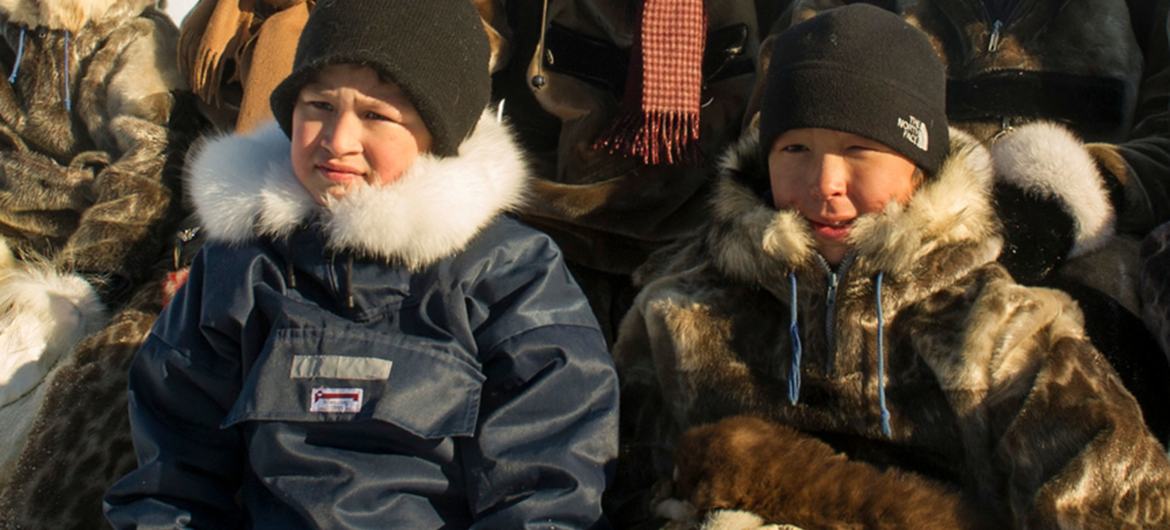United Nations: Special Rapporteur on Indigenous Rights urges Denmark and Greenland to examine colonial legacy’s impact

According to José Francisco Cali Tzay, UN Special Rapporteur on the rights of Indigenous Peoples, addressing the colonial legacy’s impact would represent a key measure to tackle past injustices and create a more inclusive society. This is the conclusion of his statement made at the end of the visit to Denmark and Greenland, held from 1 to 10 February 2023.
Inuit people comprise nearly 90 per cent of the population of Greenland, an autonomous dependent territory of Denmark that was a colony up until 1953. Despite significant progress allowed by the unique implementation model of the right to self-determination of Indigenous Peoples by Greenland and Denmark, reflected in the self-governance of Greenland, the barriers that Inuit people face to fully enjoying their human rights are still a lot.
The lack of established mechanisms to implement the Inuit people’s right to free, prior, and informed consent, including when allocating tourism concessions, implementing business projects, and adopting legislative and administrative acts in Greenland prove it. But there are other problems that challenge the Inuit population life like: the adverse environmental and social effects of military activities carried out in Greenland without their consent; around 20 percent of children are estimated to have been exposed to violence and sexual abuse; persons with disabilities, that represents one fifth of the population, were unable to receive education, they faced sexual violence; the access to justice and due process for Inuit people are hindered by barriers in appealing administrative decisions of government bodies.
In his statement Mr. Tzay calls upon the Governments of Denmark and of Greenland to address the root causes of the negative impact of the legacies of colonialism that translate today into structural and systematic racial discrimination against Inuit People both in Denmark and Greenland. In this regard, he welcomes the creation of an impartial investigation of the historical relationship between Denmark and Greenland from WWII until today.

